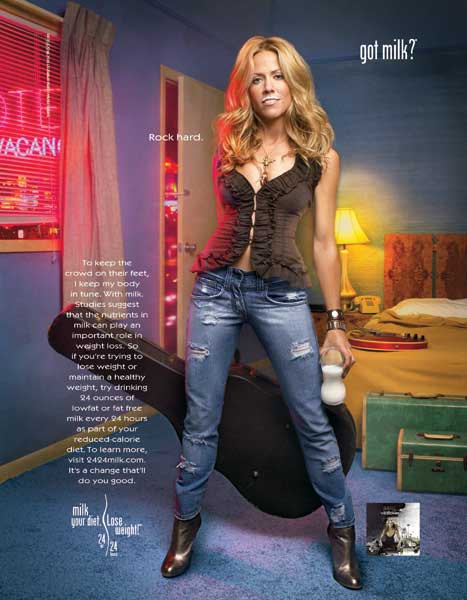Jeff Jarvis on the the Rockeboom ad auction:
And here we have in a microcosm the explanation of why media is so horribly out of sync today: The public is valuing new media much more than the old, but the advertisers still value the old. Most every newspaper and in many cases TV networks and magazines have much larger audiences online, but the revenue for their old media properties remains much higher because the advertisers and agencies still value the old and the safe. They want metrics. They want control. They want guarantees. This, in turn, makes big publishers and producers play it safe because they don’t want to mess with the cash cow. And that means that advertisers miss the opportunity to reach a larger, younger, smarter audience in the new medium, which is — supposedly — what they’re dying to do. And that means that big media companies now face competition from a thousand Rocketbooms and a million Gawkers.
And if you are in the media/advertising business and you’ve never heard of Rocketboom or Gawker… you’re probably already screwed. Tick, tock…tick, tock.


 Remember when your insurance agent would send you a calendar for Christmas? The tech-savey marketing folks at
Remember when your insurance agent would send you a calendar for Christmas? The tech-savey marketing folks at  “I saw a want ad in the Branson daily newspaper for full-time opening(s) for people to hold advertising signs on Highway 76 and the job included full benefits! The job paid $8.50 – $9.00 per hour plus medical and insurance. You could only keep the job, according to the owner of the advertising business, if you constantly waved to all the cars driving or stuck in traffic.”
“I saw a want ad in the Branson daily newspaper for full-time opening(s) for people to hold advertising signs on Highway 76 and the job included full benefits! The job paid $8.50 – $9.00 per hour plus medical and insurance. You could only keep the job, according to the owner of the advertising business, if you constantly waved to all the cars driving or stuck in traffic.”